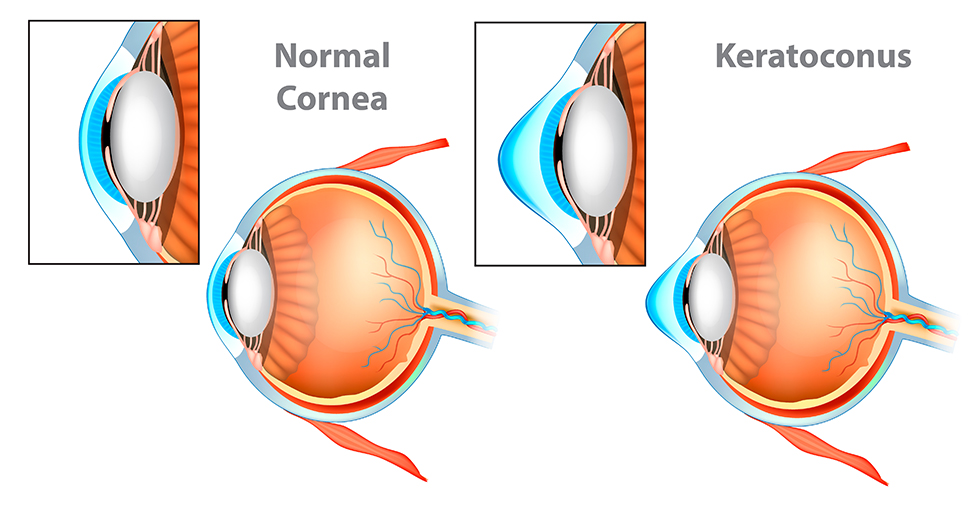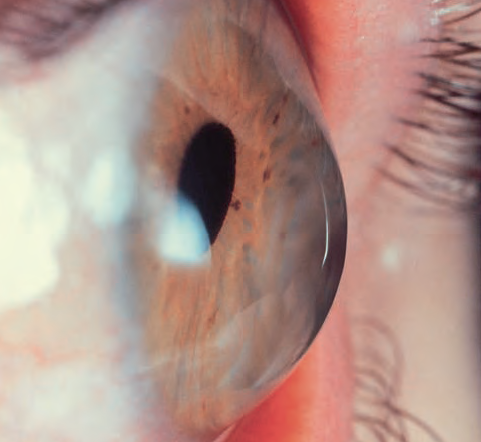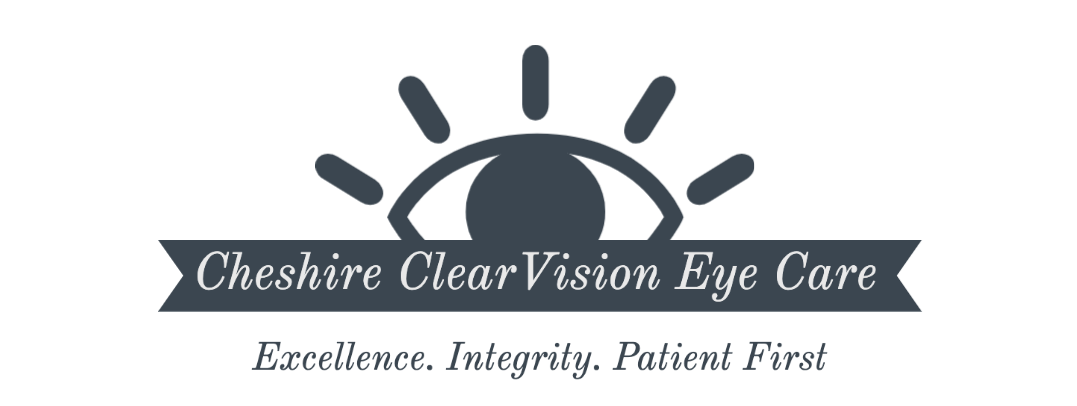What is keratoconus?
Keratoconus is a condition where the clear window of the eye (Cornea) which normally has a regular curved shape becomes conical. This happens due to weakening of the cornea.

Keratoconus is a rare condition and numbers of people affected vary from 1 in 500 to 1 in 2000 people. Keratoconus usually starts during teenage years and progresses over time.
What is the cause of Keratoconus?
The exact cause for developing keratoconus is unknown. However, many children will have some history of allergy, asthma, eczema and/or hay fever. It is also well known that Keratoconus is commonly associated with rubbing of the eyes in certain children.

Will my child’s vision be affected in Keratoconus?
Children with early keratoconus will experience minor blurring of their vision. As the disease progresses, the vision will get worse. The glasses prescription (astigmatism) will also increase. In severe cases, distortion of the cornea often means that glasses will fail to provide clear vision.
How is keratoconus diagnosed?
Diagnosis of keratoconus is made with the help of detailed examination; refraction and a special scan of the cornea called the Corneal Topography. Topography can also be used to assess the rate of progression and is particularly valuable in detecting the disorder in its early stages when other signs have not yet presented.
How is Keratoconus managed/ treated?
Keratoconus is a progressive condition and unfortunately there is no cure and the condition never goes away. However, there are various modalities to manage this condition which involve, contact lenses, prevention of eye rubbing and Cross linking to name a few. In severe and advanced cases, a corneal transplant may be indicated.
What is corneal collagen cross linking (CXL)?
Collagen cross linking is a treatment to strengthen the cornea and prevent it from becoming conical and thereby halting/ slowing the progression of keratoconus. CXL is offered to patients whose keratoconus is progressing. Your eye doctor considers your spectacles prescription, your corneal topography, the thickness of your cornea, your vision and your age when making the decision to offer CXL.
Do you offer CXL?
Yes. Mr Shenoy has extensive experience in managing keratoconus in children and has performed several CXL procedures in his busy NHS and private practice. All procedures at Cheshire ClearVision Eye care are personally performed by Mr Bhamy H Shenoy.
